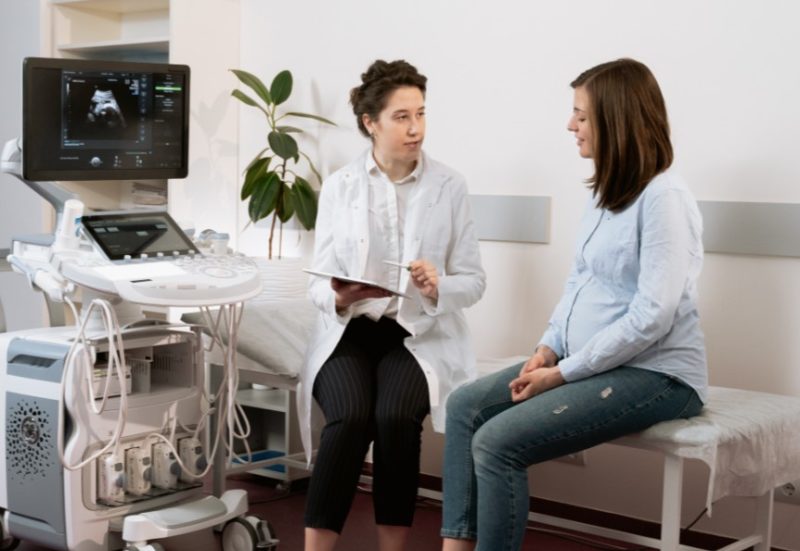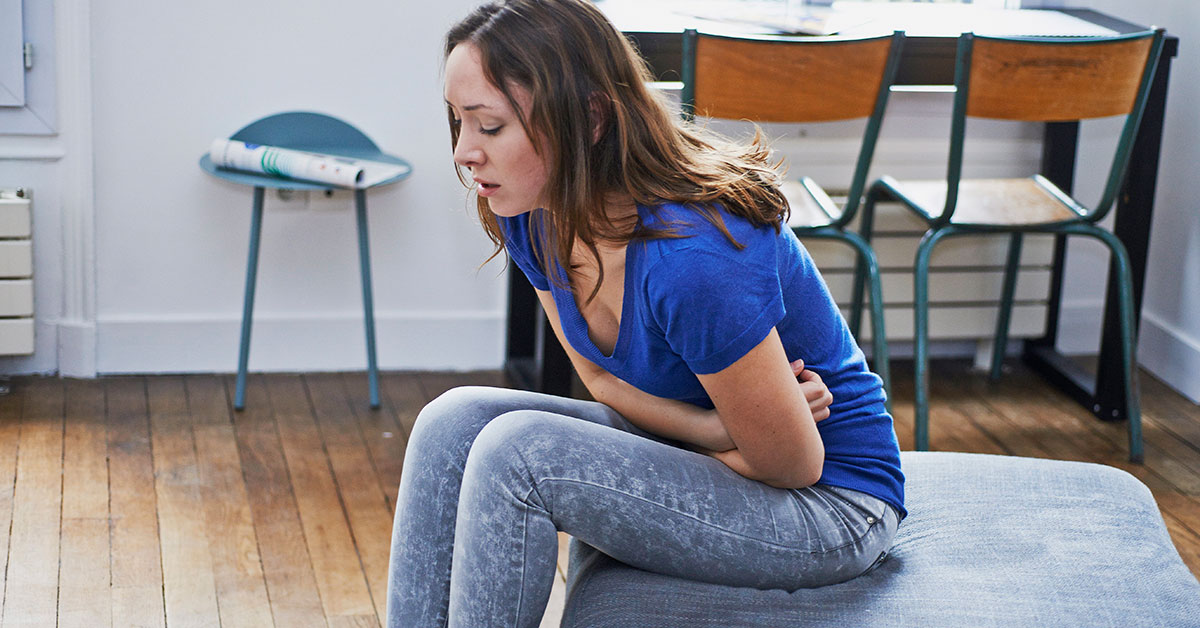What Can You Take for Diarrhoea While Pregnant?
You’re experiencing a bout of diarrhoea and reaching for those diarrhoea tablets, but you’re pregnant and having second thoughts. It’s always a trouble time when you experience diarrhoea. It’s not the most pleasant ailment to deal with and when you’re pregnant you can be even more concerned, if only for the baby’s health. When you feel unwell during your pregnancy, you can worry about the baby, and it only adds to the situation. So, are diarrhoea tablets safe to use during pregnancy, and when should you contact a doctor?
Diarrhoea Tablets Could Be a Viable Solution
While some medications might pose a significant risk to the growth and development of an unborn baby, diarrhoea tablets are often thought as a safe medication during pregnancy. Of course, before you take any tablets or medication, you could speak to your doctor or pharmacist to be 100% sure. Generally, the ingredients include Imodium and that could help slow down diarrhoea. This could be a terrific way to deal with the problem.
Always Replenish Fluids Lost
Diarrhoea may only last a few hours in some minor cases, however, during that time you lose fluid. That could lead to dehydration and may lead to serious health complications. It is essential to ensure you consume fluids, such as water, to replenish whatever fluids you lose. While you might not think about it, it’s crucial to ensure you remain hydrated. Even when you use diarrhoea tablets, it can still cause you to lose fluids; so, it’s essential to ensure you keep drinking water. Learn more!
When To Call a doctor?
While most people experience minor bouts of diarrhoea, some might experience a more severe case. It’s most likely to be down to a bacterial infection, such as food poisoning. It’s essential to monitor your diarrhoea over the course of several hours. However, if you do feel worse as the day goes on, you might need to call your doctor for advice. You should always telephone or visit a doctor when you feel feverish, dehydrated, fatigued, urinating less, and feel contractions. Even if you aren’t feeling unwell, you could still call a doctor. While diarrhoea tablets might provide some relieve, you could speak to a doctor for advice, nonetheless.
Always Be Cautious
You mightn’t feel like it’s necessary to speak to a doctor when you have diarrhoea, but if you are worried, contact them. At the end of the day, you are being cautious for yourself and the baby. You might find that your mind is put at ease after speaking to a doctor. Even if they just recommend diarrhoea tablets, it’s still reassuring, to say the least. There is nothing wrong with being overly cautious, even if the diarrhoea isn’t severe.
Be Safe and Rest
Diarrhoea can take a lot out of you, physically and mentally. You might even be worried about the impact on the baby and if everything is fine with them. It’s understandable because it’s a nervy time for most mothers and fathers. You should do what you can to rest, drink fluids to replenish what has been lost, and speak to your doctor if you need to be reassured. Diarrhoea tablets might help deal with the problem too. Click here for more information: https://www.consultingresources.net/what-causes-diarrhoea-after-eating/



